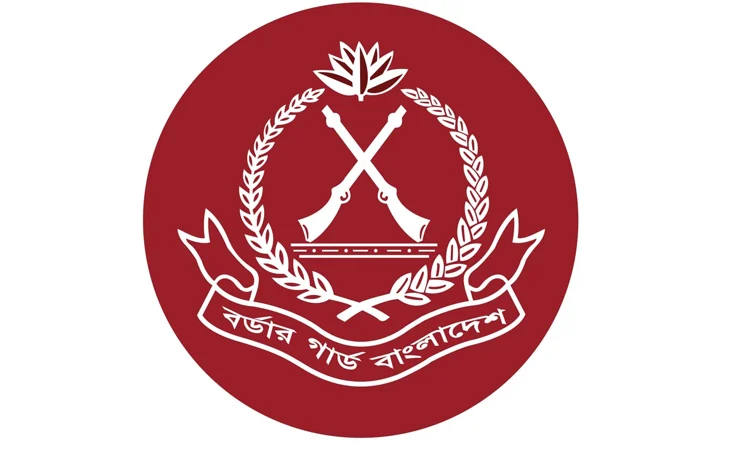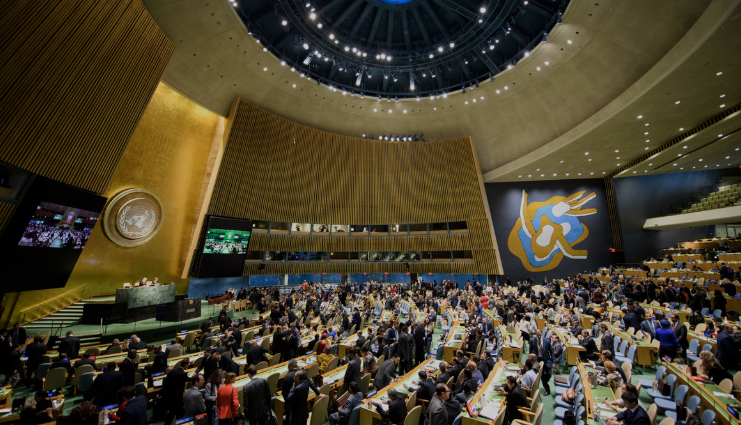In a move to support the public amid rising market prices, members of the Anti-Discrimination Student Movement have begun selling vegetables and essential commodities at fair prices across various districts. This initiative aims to disrupt the influence of syndicates and alleviate the financial pressure on the public.
Chief organiser of the movement, Abdul Hannan Masud, stated that the initiative was prompted by soaring prices of daily essentials. He assured that students would continue their vegetable sales until market monopolies are dismantled. The movement is actively coordinating with Deputy Commissioners (DCs) and Upazila Nirbahi Officers (UNOs) to monitor market activities.
The students are offering vegetables at Tk 30-40 less per kilogram than market prices, with daily sales open from 8 am to 8 pm. Customers have expressed satisfaction, noting significant savings on essential purchases.
Director General of the Department of Agricultural Marketing, Md. Masud Karim, noted a recent downward trend in the prices of several commodities, excluding onions and potatoes. He attributed the higher vegetable prices to the offseason and flood damage in 13 districts, which have reduced supply.
The government has also stepped in with subsidized prices for essentials like eggs, potatoes, onions, and vegetables such as papayas, bitter gourd, green chilies, and arum to relieve economic strain.
Currently, the students are selling gourds for Tk 25 per piece, cucumbers at Tk 28 per kg, onions at Tk 100 per kg, garlic at Tk 210 per kg, green papaya at Tk 25 per kg, and brinjal at Tk 50 per kg, among others. In contrast, city market prices for these items remain higher, with potatoes at Tk 55-60 per kg, onions at Tk 120-140 per kg, brinjal at Tk 80 per kg, and green chilies at Tk 180-200 per kg.
This student-led initiative is providing essential relief, offering affordable prices on daily necessities during challenging economic times.



















